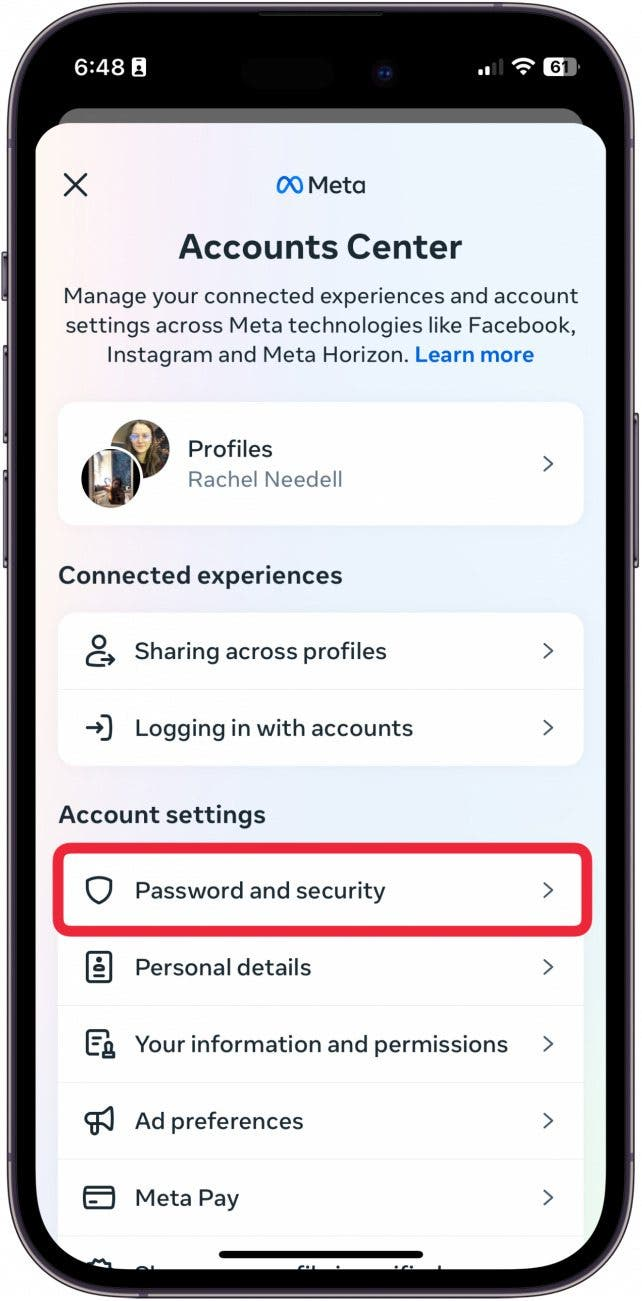Meta has taken a significant step towards enhancing user security by introducing passkey support for Facebook on iOS and Android devices. This update aims to streamline the login process while bolstering account protection. Instead of relying on traditional passwords, users can now access their accounts through their phone’s built-in authentication features, such as fingerprint recognition, facial recognition, or PIN codes. This shift not only simplifies the way users log in but also greatly reduces vulnerability to common security threats associated with password use, including phishing scams and brute-force attacks.
In addition to Facebook, Meta is set to extend passkey functionality to Messenger shortly after the mobile launch. Once implemented, the same passkey used for Facebook will seamlessly work for Messenger, promoting a unified and secure experience across Meta’s platforms. This transition not only reflects an industry-wide trend towards stronger security practices but also highlights Meta’s commitment to user safety. By adopting a two-key cryptographic system, where an on-device key must be matched with a server key, passkeys offer a robust solution against unauthorized access and data breaches, as these keys are never transmitted, lowering the risk of interception.
Moreover, the convenience offered by passkeys addresses the frustrations many users face with complex password management. As Meta moves to make passkeys the default login method, they also maintain alternative authentication options like traditional passwords and physical security keys for those who prefer them or need them for devices that don’t support passkeys. In tandem with these security enhancements, Meta plans to integrate this technology into Meta Pay, allowing for secure autofill of payment details. This comprehensive approach not only secures user identities but also facilitates safer financial transactions across Meta’s suite of services.
Meta’s Introduction of Passkeys
Meta is introducing passkey support for Facebook users on both iOS and Android platforms, allowing them to authenticate their accounts using biometric features like fingerprint or facial recognition, as well as PINs. This shift aims to eliminate outdated password reliance, which has been a significant security vulnerability, reportedly subject to multiple types of cyber threats including phishing and brute-force attacks.
The latest confirmation from Meta’s official announcement highlighted that this update will soon be available on Messenger, strengthening user security across both applications. “We’re introducing passkeys on Facebook for mobile devices, offering another tool to safeguard your privacy and security,” the statement noted, addressing the need for more secure authentication measures in today’s digital environment.
The implementation of passkeys fits into a broader trend among major tech platforms, including Google and Amazon, which have started adopting this technology to enhance account security. By using cryptographic systems where the authentication key is stored on the user’s device rather than transmitted, the chances of interception by hackers are significantly minimized.
Enhanced Security and User Experience
The shift towards a passkey system represents a significant upgrade in how users interact with their accounts. Traditional passwords can often lead to account compromise due to human error and security lapses. With passkeys, users no longer need to remember complex passwords or worry about them being stolen during data breaches.
Meta has assured users that while passkeys will serve as the primary authentication method, traditional passwords will still be available for those who need them, ensuring accessibility regardless of device capabilities. It’s part of a comprehensive effort to provide a balance between strong security measures and user convenience.
Additionally, the introduction of passkeys will extend to financial transactions through Meta Pay, indicating a strategic focus on securing sensitive financial information. The company promises that users will enjoy both enhanced security and ease of access, reflecting a commitment to user safety in a rapidly evolving digital landscape.
Summary
Meta has introduced passkey support for Facebook on mobile devices, enhancing user security and convenience by enabling login through built-in authentication features like PINs, fingerprints, or face scans, instead of traditional passwords. This update, announced on June 19, 2025, is aimed at providing a safer and more user-friendly experience, as passkeys are less vulnerable to common threats like phishing and brute-force attacks. The technology, which operates through a two-key cryptographic system, ensures that sensitive user information remains protected since the key used for authentication is stored securely on the user’s device and never transmitted. Alongside Facebook, passkeys will soon be available for Messenger and are expected to streamline and secure various financial transactions within Meta Pay. While passkeys will be the default option for authentication, Meta maintains that traditional passwords and other security methods will remain an option for users who prefer them.



More Stories
Perplexity AI Video Generation: New Feature Unveiled on X
SpaceX Starship Explosion: Major Setback Before Tenth Test Flight
Apple Class Action Lawsuit Over Cryptocurrency Scam